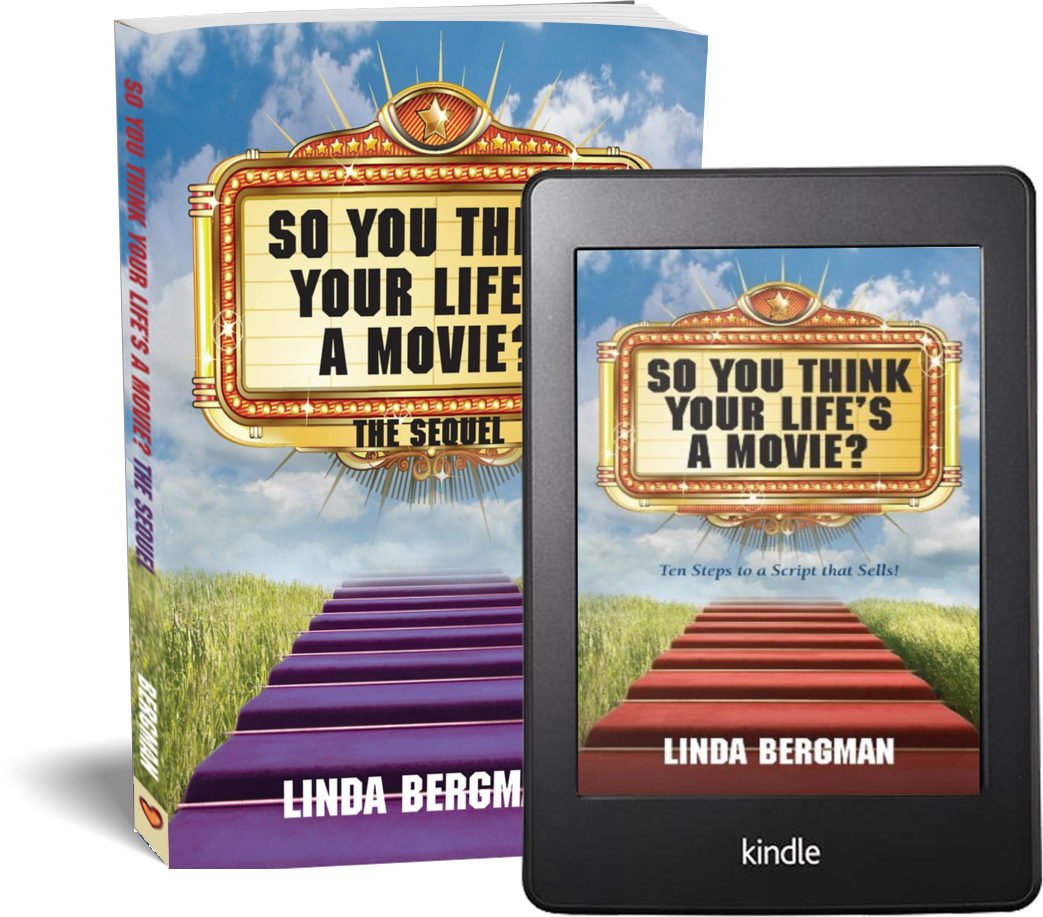“I always preferred the company of men.”
No, it wasn’t Mae West who said that, it was Prime Minister Margaret Thatcher.
Last night, at our Cinema Series, our film-finder-extraordinaire, Pete Hammond, boasted that we were seeing the very first West Coast film print screening of a highly controversial movie starring Meryl Streep. I learned this morning that at the same time, and as a warm-up to her upcoming appearance in D.C. as a Kennedy Center honoree, Streep also presented the film last night. Maybe that’s why the director Phyllida Lloyd didn’t show at our event for Q and A. She had bigger fish to impress in the nation’s Capital?
Even before cameras rolled, this film was sparking controversy. Describing the film as a ‘left-wing fantasy’ designed to cast doubt on her political legacy, her adult twins, Mark and Carol Thatcher, are once again having to accept that where Mummy is concerned, art rarely reflects life. Even though the British are upset that an American was tapped to play their Iron Lady, Streep says, “ This is not a bio pic! It was an honor and a privilege to play her.” (What actress wouldn’t want to play the most polarizing woman in Britain’s political history?)
The term “Iron Lady” is a nickname that has frequently been used to describe female heads of government around the world but was most famously applied to Thatcher in 1976 by the Russian media for her staunch opposition to communism.
Directed by her Mamma Mia! muse, Lloyd, and written by TV writer Abi Morgan, the story cleverly uses an aged Thatcher, cleaning out her dead husband’s closets and current events as devices to trigger flashbacks. The spirit of her husband, played deliciously by Jim Broadbent (Harry Potter, Indiana Jones, The Young Victoria), sparks memories of her earlier career and sets up the couple’s us-vs-them dynamic that reveals the delusions of old age and Thatcher’s belief she is still the P.M.
The flashbacks take us to the 2005 London terrorist attacks and skip through Margaret’s youth as a politically minded grocer’s daughter. Then, we whiz through her Oxford years and courtship by young businessman Dennis (Harry Lloyd); her determined first foot in the door of the boys’ club of conservative politics, and her 1959 entry into Parliament. But the action center of the film is the historical rollercoaster of the 1980s, captured in news clips and video. Thatcher’s hard line policies forged a new and widening gap between Britain’s new class of millionaires and its desperate poor.
Deeply embodying both the rigid steam roller and the diminished old woman sifting through her past, Streep is riveting, but I kept asking myself: “Who knows the latter’s very intimate details about her to be true?” “Did someone witness her solitary midnight conversations and dances with her dead husband?” “Did the creators conjure this up?” In my research, I found an interview where Street defends those details by saying, “It’s a subjective look back, as close to the truth as fiction will allow.”
Well there you have it, then. Fiction is the operative word.
Streep’s miraculous transformation into Margaret Thatcher has been called, “… a performance of towering proportions that sets a new benchmark for acting.” She has already won The New York Film Critics’ Award. I say look for an Academy Award nomination for her and the other magician in the piece, J. Roy Helland, her makeup and hair designer.
The film opens in wide distribution on December 30th.
Get the Books Now
BECOME THE FILM WRITER YOU ALWAYS WANTED TO BE
Linda Bergman has worked for every major Hollywood film studio and all the top television networks. She has been paid to write 21 film and TV scripts and even produced 5 of them. In both of her books “So You Think Your Life’s a Movie: Ten Steps to a Script that Sells” and “So You Think Your Life’s a Movie: The Sequel,” Linda combines her knowledge of the craft with true stories from her experience to illustrate, inform and entertain. These books are a fun, must-read if you want to write a movie!
